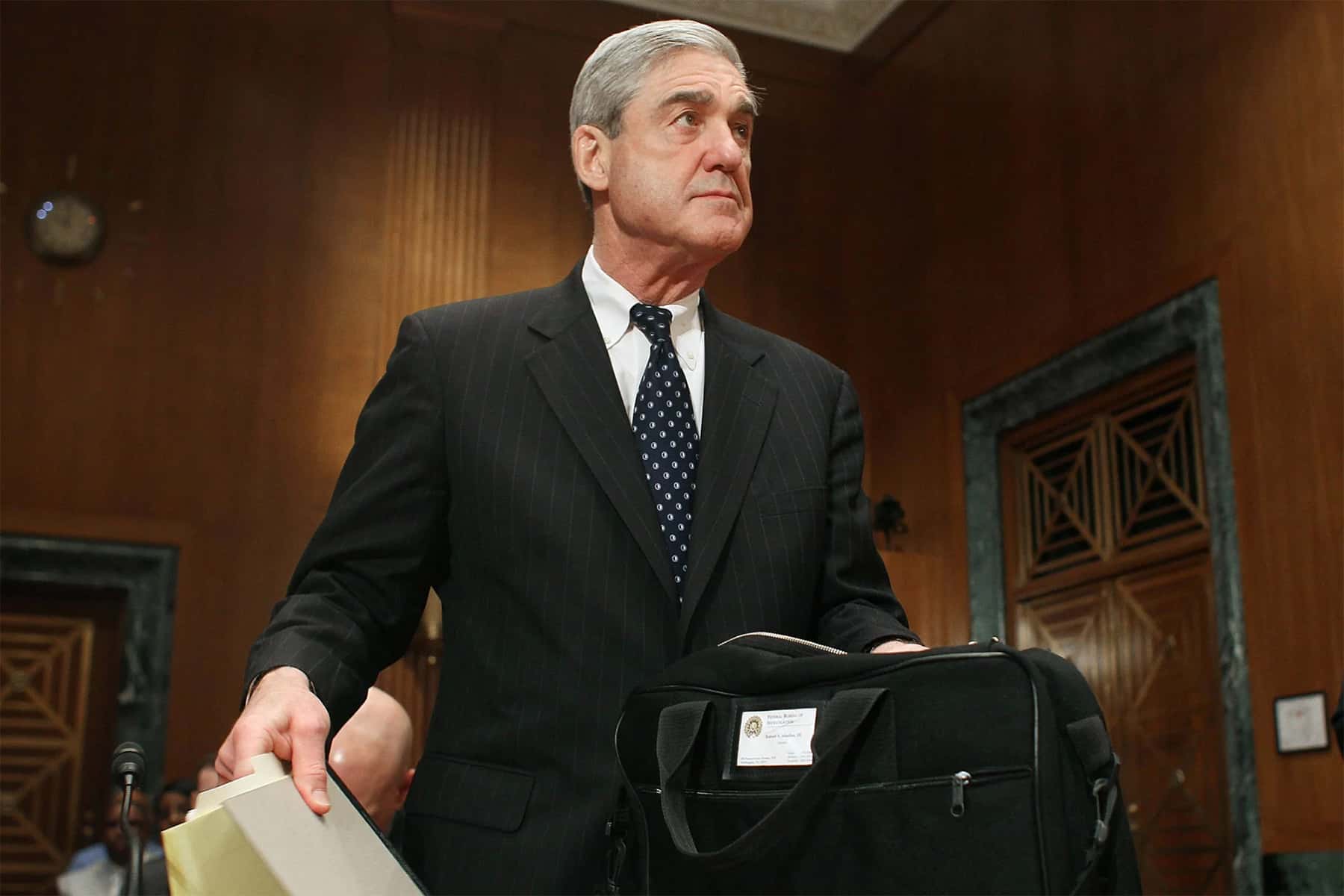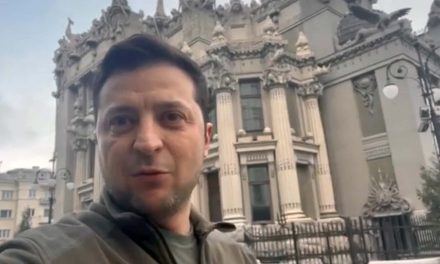
By nature, journalists constantly ask questions. When there are no realtime answers, the news media turns to speculation. For political issues that is a cottage industry.
But until special counsel Robert Mueller’s office releases a final report on his investigation, the public and pundits alike must wait. Here are a few things to keep in mind until that content is known.
1. Don’t Predict.
We do not know what Mueller will report, when he will report it, or even whether we will be able to read it. That is because Congress changed the law after special prosecutor Kenneth Starr’s salacious tell-all on President Bill Clinton. When Mueller is done, he has to give a report to Attorney General William Barr. But Barr can choose to keep the report confidential. Barr only has to give a summary to Congress. If Barr does not make Mueller’s actual report public, Democrats will almost surely subpoena it. Then get ready for a fight.
2. Stop Focusing on “Collusion.”
“Collusion” has come to be a kind of shorthand for basically doing something bad with Russia. But the term is both too vague and too narrow. For one thing, “collusion” is not itself a clearly defined crime. It is a crime to commit a conspiracy against the United States — for which there is a high bar: proving an intent to undermine the government.
3. Remember: We Already Know a Lot.
We already know Trump had a hidden conflict of interest involving Russia during the campaign. Despite publicly denying it, Trump was negotiating to develop a tower in Moscow while he was running for president. That means Trump had interests involving Russia — which voters did not know about — that could have been influencing his policy positions. That is all problematic on its own. We also know that Russian government interests hacked the emails of the Democratic National Committee, handed them to Wikileaks, and that at least one Trump ally, Roger Stone, was in touch with Wikileaks.
4. Don’t Expect Answers to Everything, or Even Most Things.
That’s not Mueller’s job. He is a prosecutor. His job is first and foremost to look for crimes. And while he can, and has, looked beyond Russian interference in the election, he is unlikely to dig into everything. And, of course, there are lots of areas worthy of scrutiny beyond Russia: Trump’s businesses, his inauguration, his hush money payments and more.
5. Mueller Is Not Alone.
There are lots of active investigations looking into all these issues. A partial rundown of just the ones we know about: Federal prosecutors in Manhattan are investigating the inauguration and other matters, the New York attorney general is investigating the Trump Foundation, and the District of Columbia’s attorney general and the state of Virginia are suing Trump over emoluments. There are also a whole host of coming congressional investigations.
6. The Final Judgments on Trump’s Actions Will Be Political, Not Legal. (Caveats Apply.)
Whatever Mueller ultimately files, he is very unlikely to charge the president with a crime. Since Watergate, the Department of Justice has had a policy that a sitting president should not be indicted. And Mueller is a stickler for the rules. Having said that, Trump does face significant legal jeopardy. For example, former presidents can be indicted. So can Trump’s own company.
So, as with any daytime soap operas – although one that could potentially affect the political fabric of America – the public has no choice but to stay tuned and stay patient.
Eric Umansky
Originally published on ProPublica.org as Six Tips for Preparing for the Mueller Report, Which May or May Not Be Coming
The best way to combat #fakenews is by supporting real news. Donate today to be among the tens of thousands of ProPublicans powering tomorrow’s stories.














